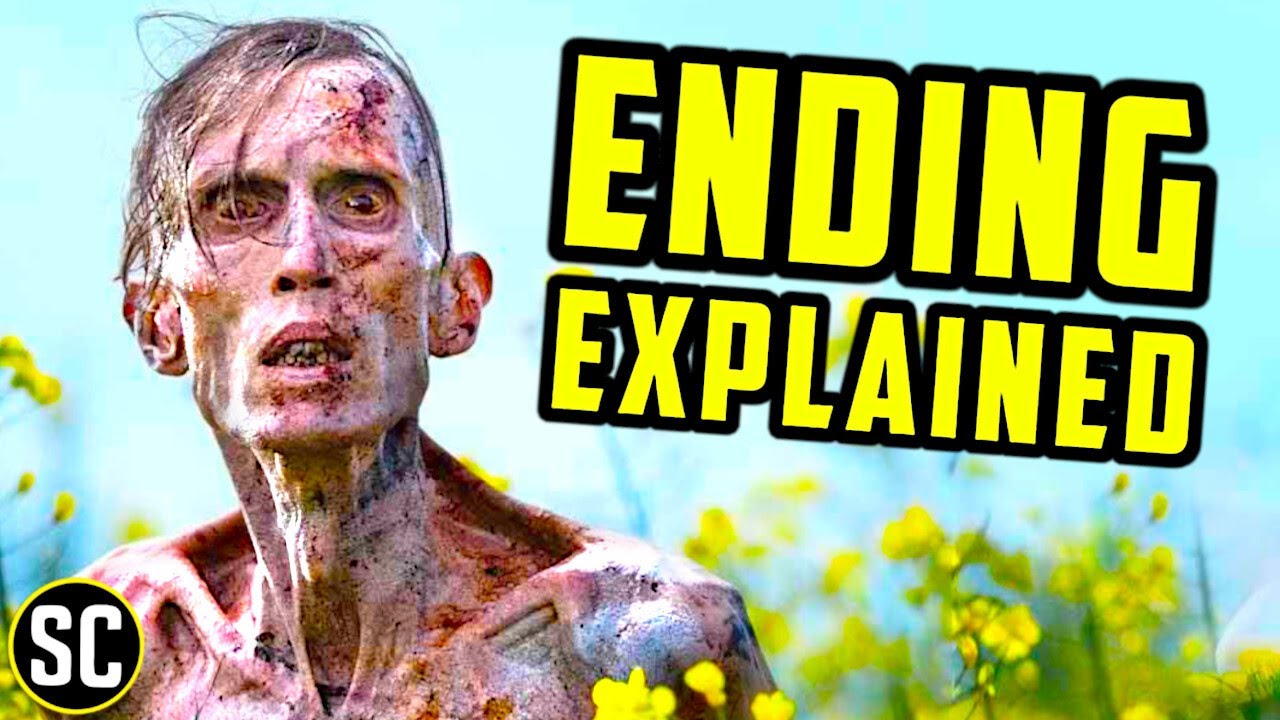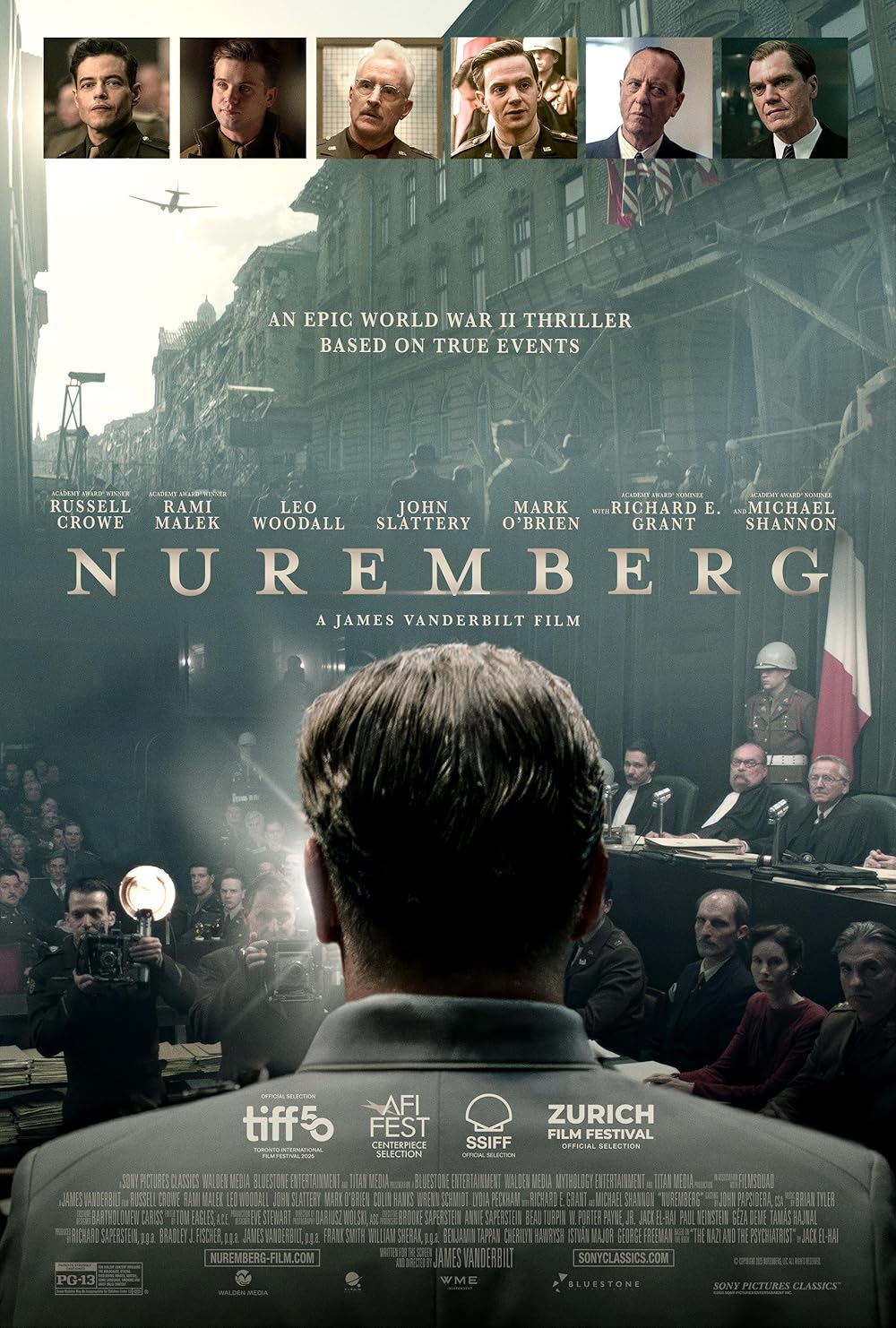
Introduction: The Significance of 28 Days Later
Released in 2002, 28 Days Later is a landmark horror film that shifted the landscape of the zombie genre and introduced a new wave of horror filmmaking. Directed by Danny Boyle, this British film not only captivated audiences with its innovative approach but also raised important questions about society, survival, and the human condition in the face of a catastrophic epidemic. Its impact on both cinema and popular culture remains relevant today, as discussions around the film’s themes have resurfaced amid global crises like the COVID-19 pandemic.
A Groundbreaking Narrative and Aesthetic
The film’s story begins with an animal rights activist inadvertently releasing a rage-inducing virus from a laboratory, leading to the near-total collapse of society within 28 days. The central character, Jim, portrayed by Cillian Murphy, awakens from a coma to an abandoned London overrun by infected individuals. What sets 28 Days Later apart is its combination of elements. It uses fast-moving infected, which deviated from the traditional slow, lumbering zombies, creating a new sense of urgency and terror. Moreover, the film was shot on digital video, allowing for a gritty and realistic aesthetic that heightened its suspense and emotional weight.
Cultural Impact and Legacy
The success of 28 Days Later played a crucial role in revitalising the zombie genre, influencing a range of subsequent films, including World War Z and Train to Busan. Beyond its cinematic impact, the film also led to discussions about pandemics, societal collapse, and the morality of survival, which resonate in contemporary contexts. Furthermore, it sparked a resurgence of interest in zombie-themed narratives across various media, including video games and television series, such as The Walking Dead.
Conclusion: The Enduring Relevance of 28 Days Later
As we reflect on the legacy of 28 Days Later, its themes of fear, isolation, and resilience continue to feel pertinent. The film compelled audiences to confront their own vulnerabilities in a rapidly changing world. Looking ahead, it is undeniable that 28 Days Later will remain a vital part of the horror genre, revered not only for its thrilling storytelling and innovative techniques but also for its broader commentary on humanity’s fragility in the face of disaster. Whether you are a seasoned horror fan or new to the genre, revisiting this classic offers valuable insight into both film and society.
You may also like

Exploring the Life and Works of Mira Nair

The Nuremberg Movie: A Captivating Look into History

The Enduring Legacy of Indiana Jones in Film and Culture
SEARCH
LAST NEWS
- Remembering Wendy Richard: The Promise to Co-Star Natalie Cassidy
- How Did Anglian Water Achieve an ‘Essentials’ Rating for Mental Health Accessibility?
- Shai Hope Leads West Indies in T20 World Cup Clash Against South Africa
- What We Know About Weston McKennie: Future at Juventus and Past at Leeds
- What We Know About the Upcoming Live Nation Antitrust Trial